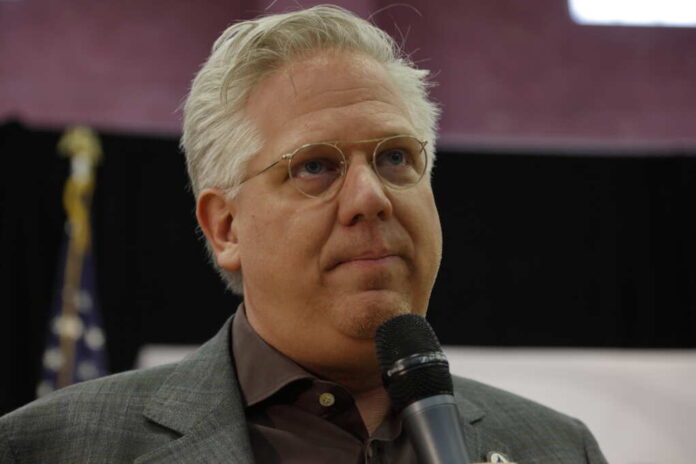
In a fiery PragerU commencement address, Glenn Beck warned graduates that America’s survival depends on preserving its true history amid what he calls a campaign of radical historical revisionism.
At a Glance
- Beck delivered PragerU’s commencement address titled “Saving History: The Case for Clay Pots”
- He warned that erasing America’s past is a strategy to control its future
- Beck criticized the 1619 Project and statue removals as “revisionist sabotage”
- He urged graduates to personally preserve American artifacts and stories
- Beck operates a museum and research archive in Dallas to fight historical erasure
A Commencement Unlike Any Other
Glenn Beck didn’t offer graduates soft encouragements or feel-good slogans. Instead, in his PragerU address, he issued a stark warning: “Your future, it’s not guaranteed.” Framing the speech as a cultural call to arms, Beck described America’s historical memory as under siege, likening revisionist projects like the 1619 Project to ideological sabotage.
Instead of dismantling symbols of liberty and individual rights, Beck argued, Americans must protect them like sacred relics. “Who controls the past controls the future,” he quoted from Orwell’s 1984, casting the struggle over U.S. history as nothing short of a battle for national identity.
The Clay Pot Metaphor and the Scrolls of Freedom
Beck invoked the story of the Dead Sea Scrolls to emphasize the importance of safeguarding historical truths. Hidden in clay pots for centuries, the scrolls outlasted tyranny and environmental ruin to reveal timeless knowledge. Beck’s message: Americans must become history’s curators, or risk losing the clarity of their founding ideals.
Beck equated the Founding Fathers’ documents and battle-worn flags to sacred artifacts. Their preservation, he asserted, is not just for scholars and archivists but for every American—especially this new generation entering adulthood.
A Personal and National Mission
Having already established a museum and research library in Dallas, Beck emphasized that large institutions alone won’t save American history. “It’s not someone else’s job. It’s ours. It’s yours. It’s mine,” he told the graduating class. He challenged them to record family stories, collect heirlooms, and treat the truth of America’s past like endangered knowledge.
The stakes, Beck warned, are enormous: “Nations that lose connection with their authentic histories lose their identities and, eventually, their freedoms.” The ultimate risk, he argued, isn’t forgetting the past—but having it rewritten by those intent on reshaping America into something unrecognizable.
In this speech, Beck didn’t just inspire a class of graduates—he deputized them. As culture wars rage and historical narratives fracture, he declared it the duty of every citizen to ensure that the truth, in all its highs and lows, is preserved. Like clay pots sealed against the tides of time, today’s students must become the keepers of America’s fragile but foundational truths.




















